
Dark side of jewellery business revealed
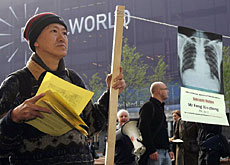
Non-governmental organisations have been highlighting the darker side of the jewellery trade as the Baselworld watch and jewellery fair gets underway.
While some groups have warned that jewellery workers are being exploited in the developing world, others have raised concerns over the role of illegal diamonds in African conflicts.
At an event on the sidelines of the Basel fair, a day before it opened, a delegation from India and China said there was often a human cost behind sparkling gemstones.
“We want to make Baselworld aware of the illness-inducing working conditions to which we jewellery polishers are exposed,” said Feng Xingzhong, a former worker at a jewellery factory in southern China.
It has been reported that thousands of workers who polish stones, especially in China and India, are dying because their lungs are clogged with silica dust, a disease known as silicosis.
For this reason NGOs, including Solifonds, a solidarity organisation of the Swiss labour movement, have banded together to launch an international campaign demanding better working conditions and compensation for silicosis-affected workers.
They are also calling on the International Jewellery Trade Association to oblige its members to start a fund to help those suffering from the illness.
Health and safety
Healthy and safety standards should be improved through the use of new technology, guidelines and checks, say the campaign organisers. They also called on Switzerland to play its part.
“When it issues invitations, Baselworld should have a critical look at production conditions and bar companies from the fair if they infringe labour legislation,” said Remo Gysin, a Swiss parliamentarian and Solifonds board member.
Baselworld said that it was aware of the issue.
“We take this topic very seriously and remain in dialogue with representatives of the campaign,” said Bernhard Keller, a Baselworld spokesman, after meeting the delegation.
Keller said future exhibitors would be made aware that the entry criteria to the fair include recognising the importance of labour laws. However, banning a company would need strong evidence.
Conflict diamonds
Human rights organisation Amnesty International and campaign group Global Witness are aiming to draw attention to the problem of “conflict diamonds”.
“Here diamonds are a symbol of love, but especially in Africa they finance hate,” said Danièle Gosteli Hauser, from the Swiss branch of Amnesty.
Proceeds of the illegal diamond trade have been used to fuel long-running conflicts in Africa, including those in Angola, Liberia and Sierra Leone.
NGOs say that at present “dirty” diamonds from Ivory Coast are landing on the international market.
The Kimberley Process, introduced in 2003, requires governments to control imports and exports of rough diamonds. In addition, the diamond industry has also introduced voluntary international guidelines.
Action needed
However, many jewellers are still not checking the origin of stones on purchase, according to a survey carried out by Amnesty International and Global Witness in 2004, which also covered Switzerland.
The two organisations are therefore recommending that people ask retailers about the origin of diamonds before they buy as a way of putting pressure on the industry.
Marc-Alain Christen, president of the Swiss Association of Jewellers and Goldsmiths, said that despite progress more work to raise awareness was needed.
The association intends to present a quality label on the origin of materials to its members. Its guidelines are expected to cover environment, child labour, health and labour law.
swissinfo and Dominique Schärer, Infosüd
The Kimberley Process is an international certification scheme that regulates the trade in rough diamonds. Its aim is to prevent the trade in conflict diamonds, while helping to protect the legitimate trade in rough diamonds.
So-called conflict diamonds are estimated to account for about three per cent of the annual global diamond trade, which is worth about $7 billion (SFr9.1 billion) a year, according to 2003 figures.
Switzerland has signed up to the Kimberly Process, which has a total of 43 members including Sierra Leone, Democratic Republic of Congo and Angola.
Baselworld is the world’s largest and most important trade show for the watch and jewellery industry.
This year it features 2,127 exhibitors.
There will be 283 Swiss brands in the watchmaking section and 53 Swiss brands in the jewellery section.
It opened on Thursday and runs until April 6.

In compliance with the JTI standards
More: SWI swissinfo.ch certified by the Journalism Trust Initiative


















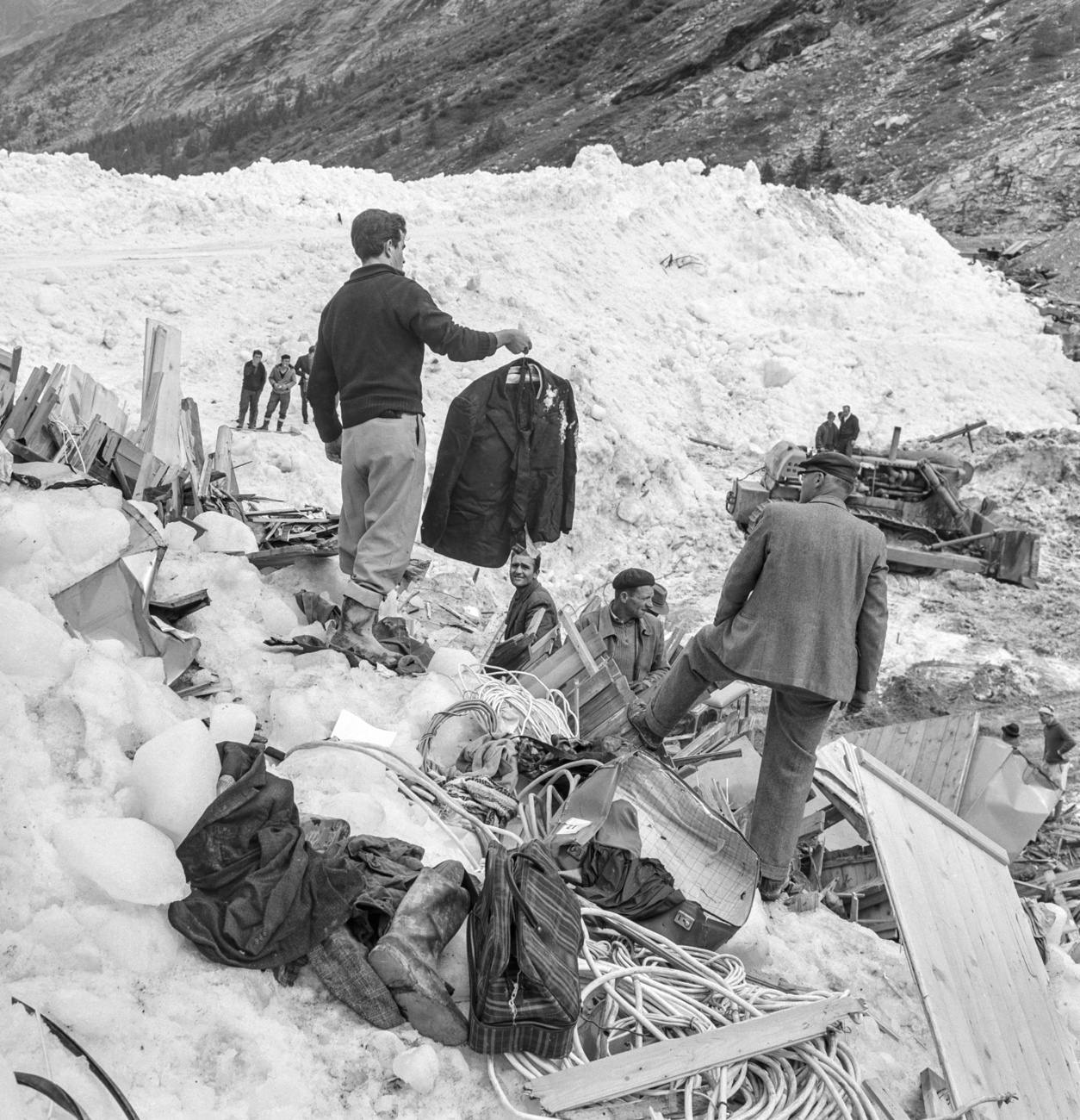



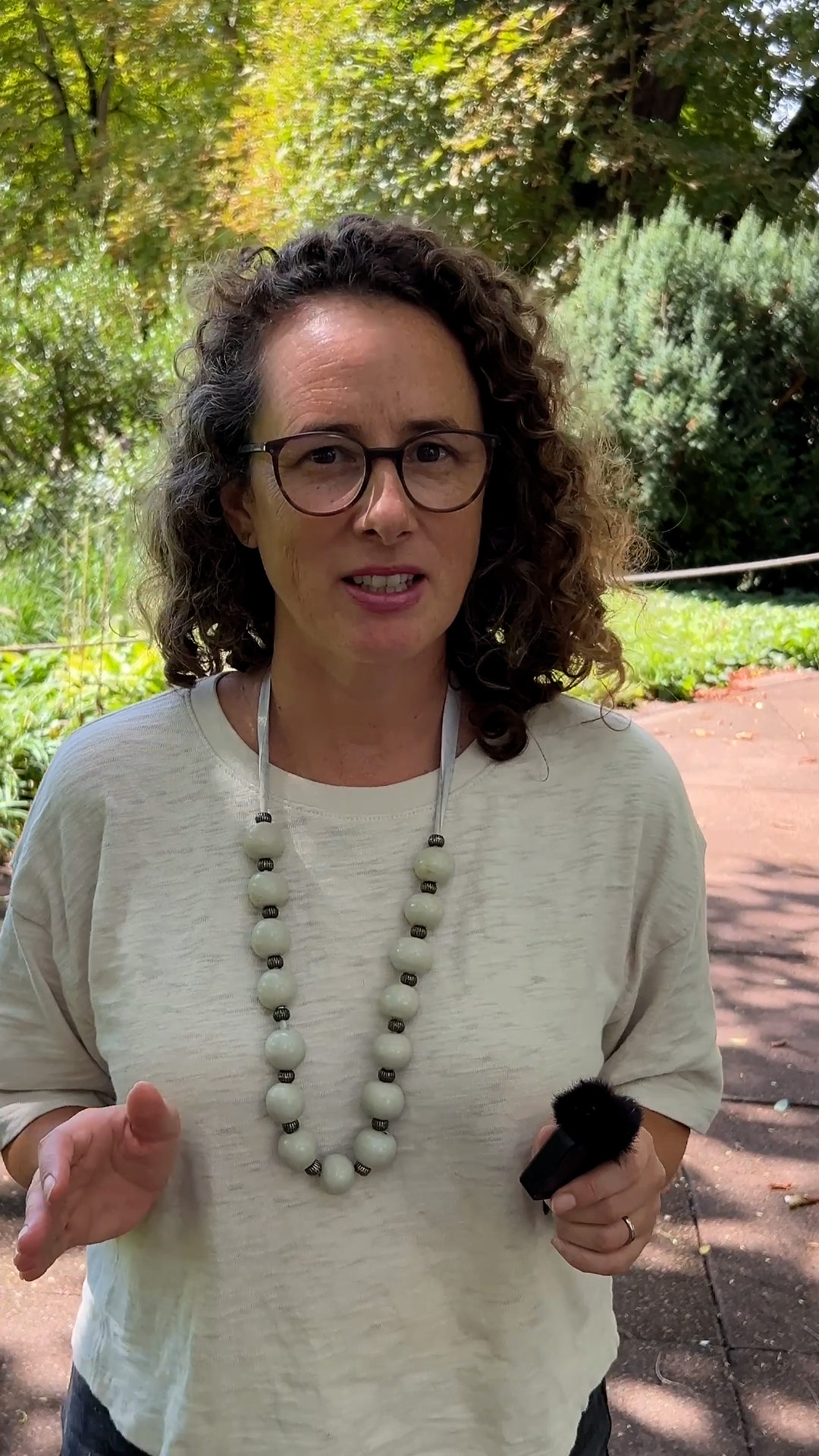




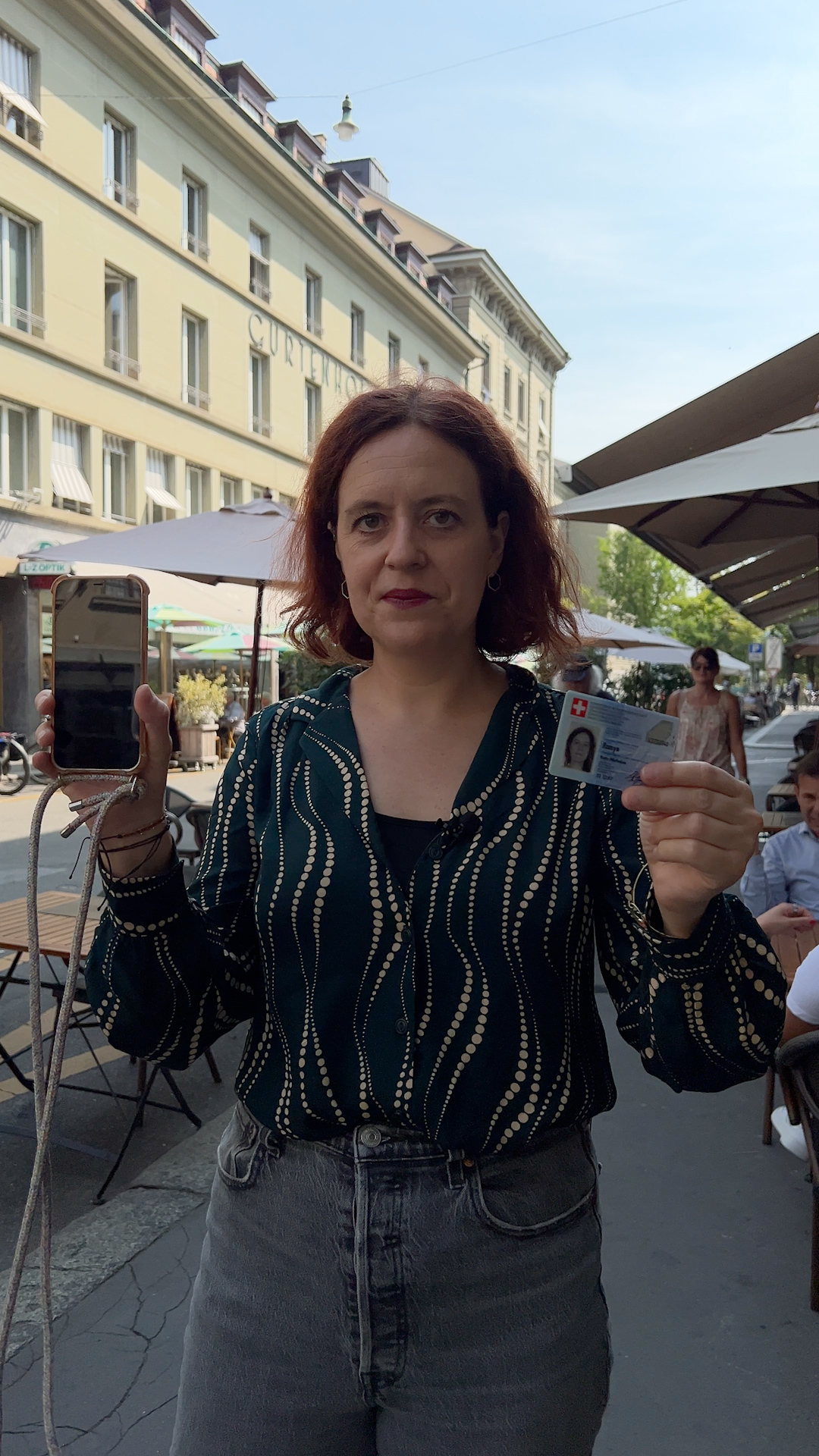
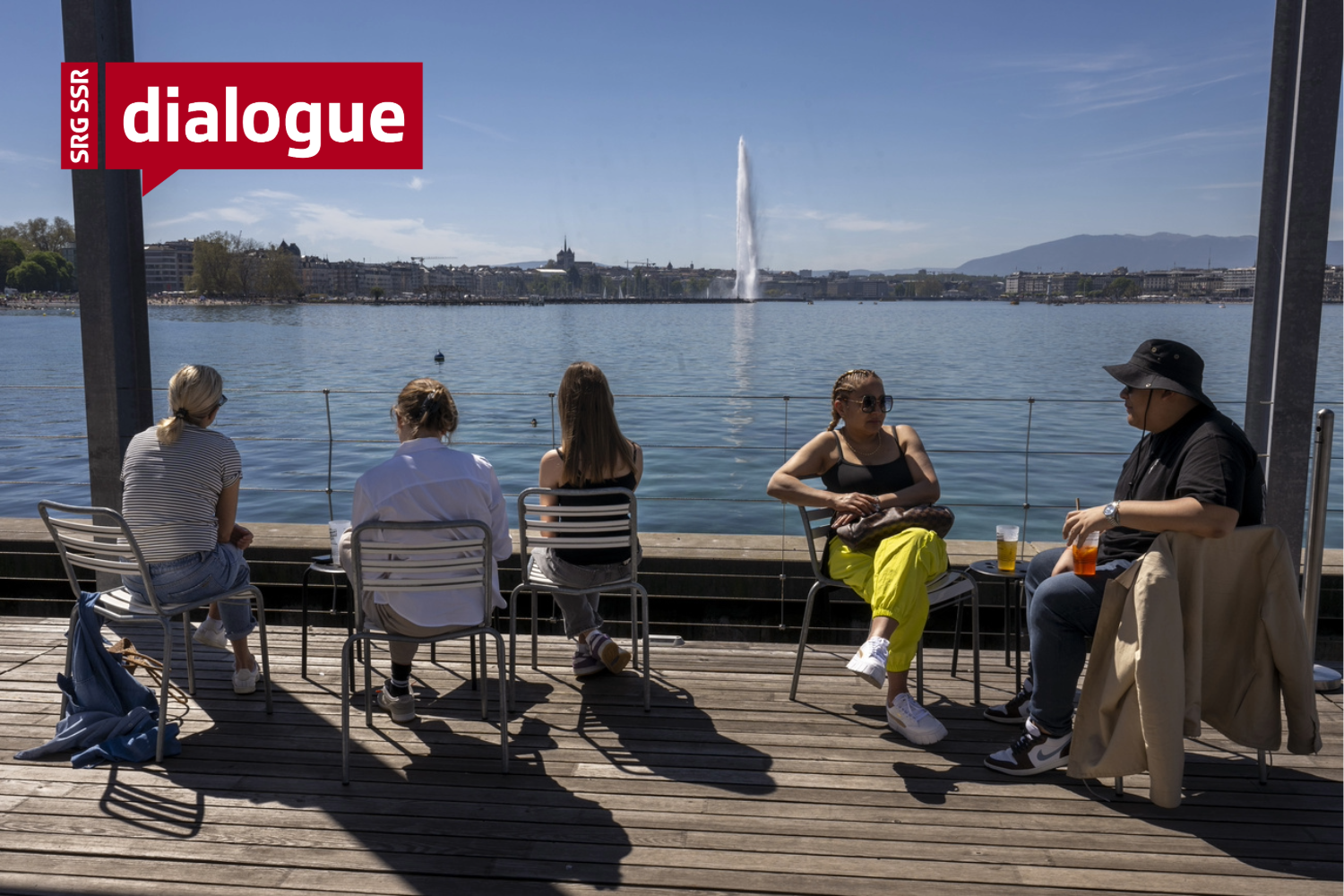









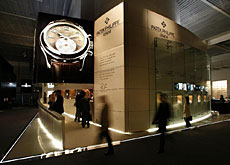

You can find an overview of ongoing debates with our journalists here . Please join us!
If you want to start a conversation about a topic raised in this article or want to report factual errors, email us at english@swissinfo.ch.